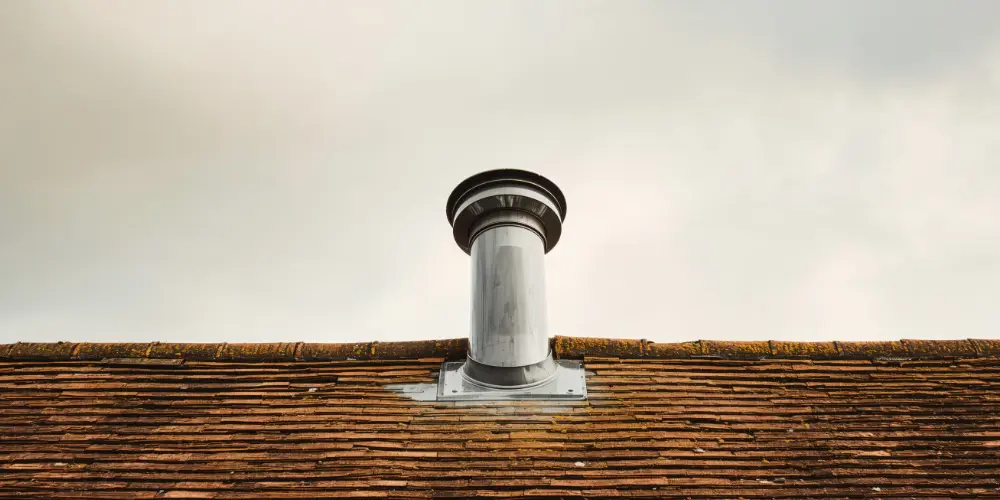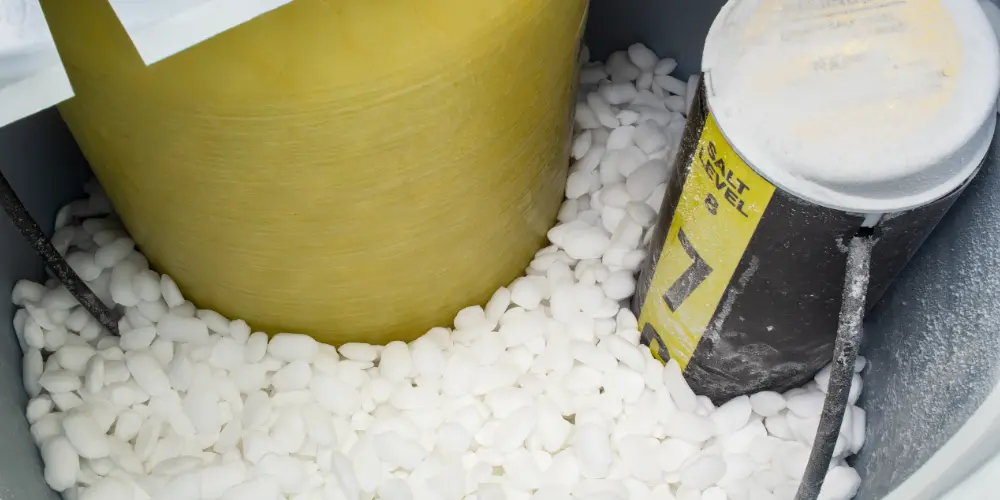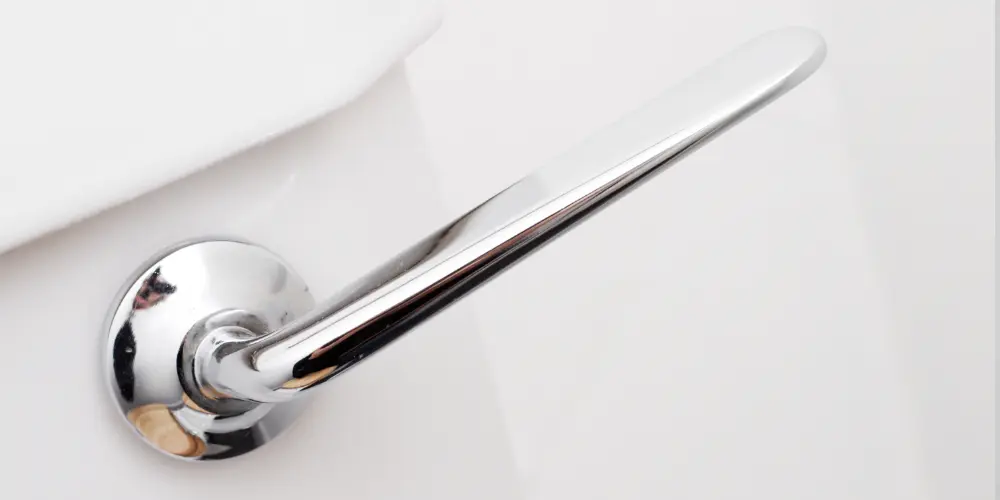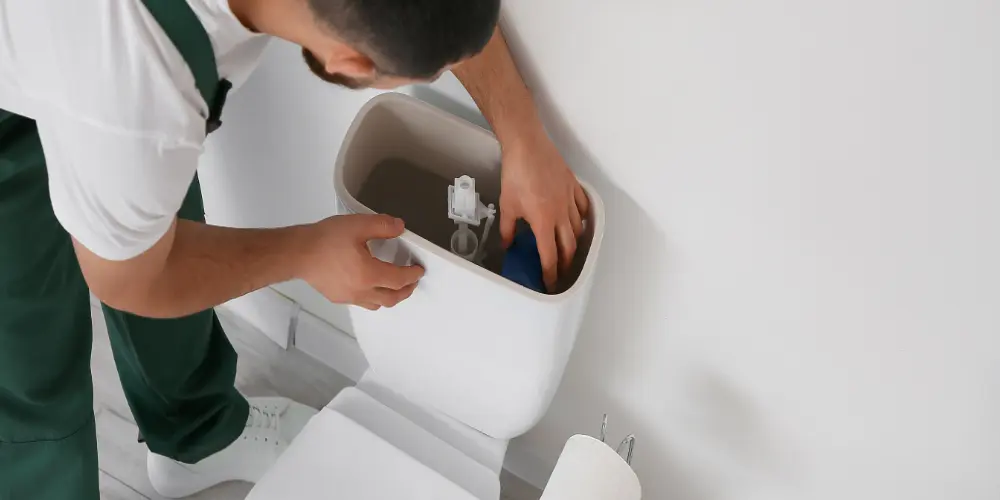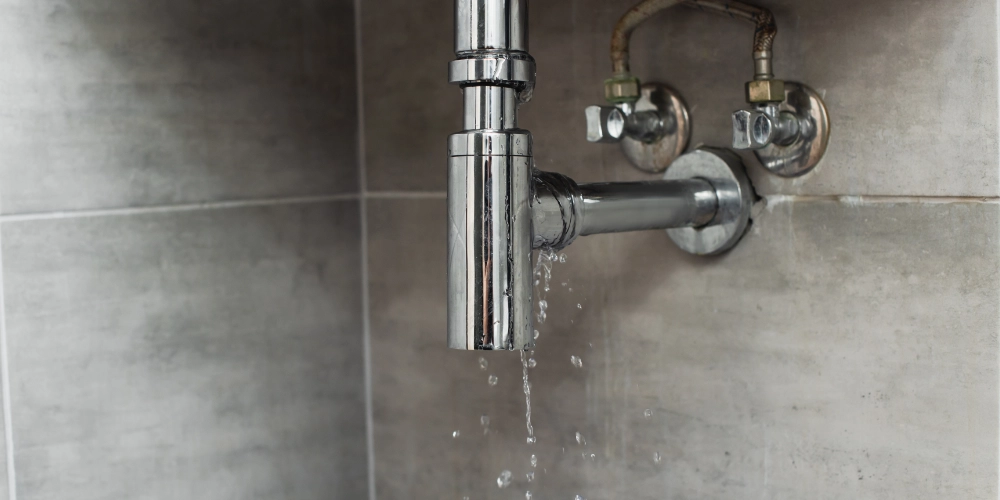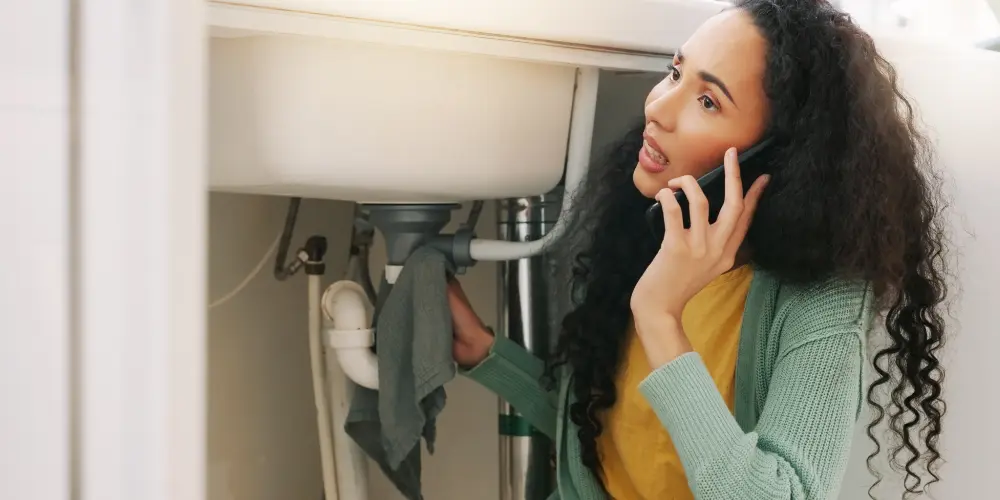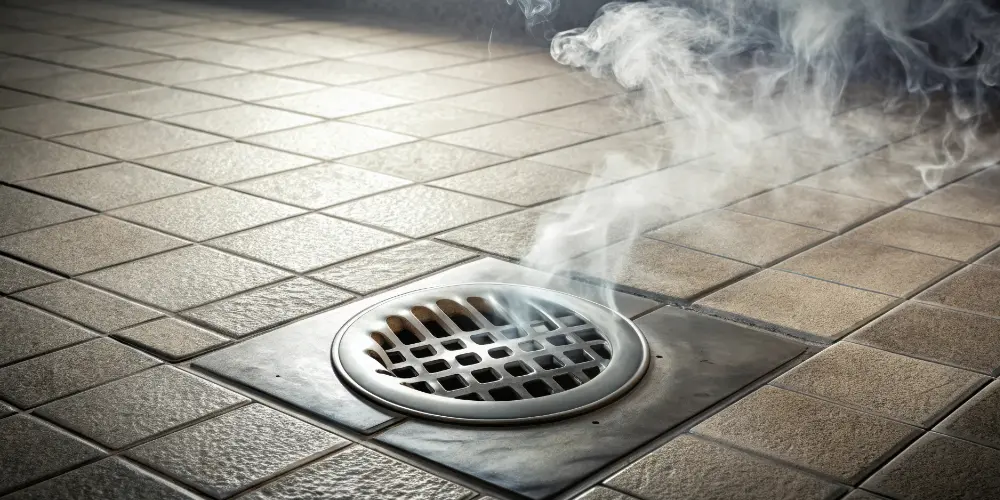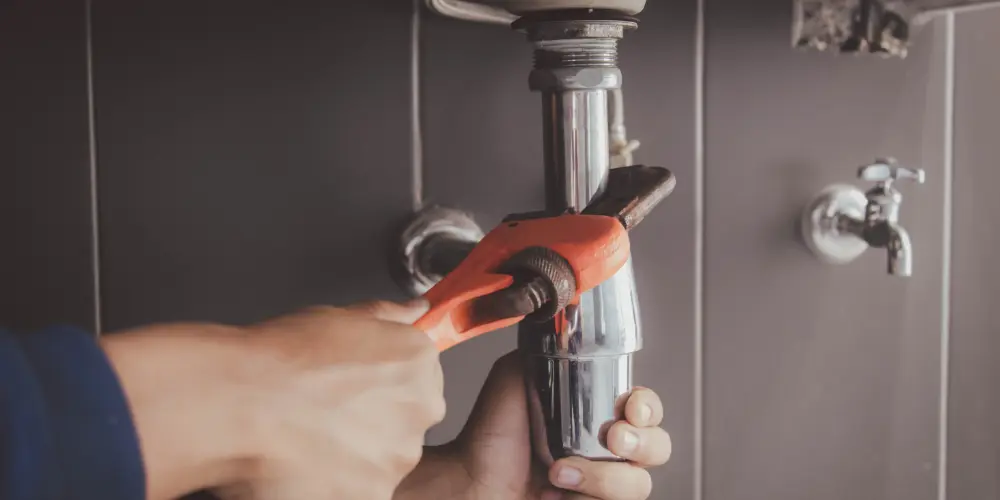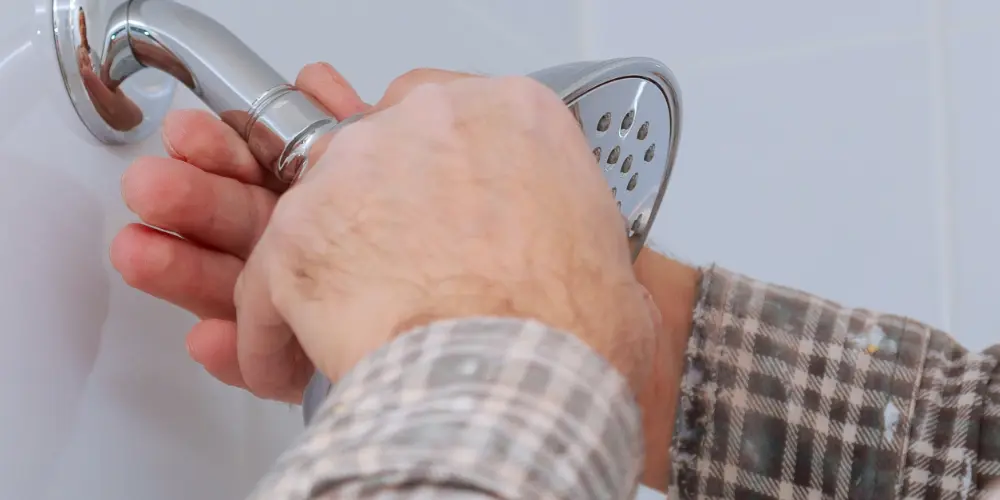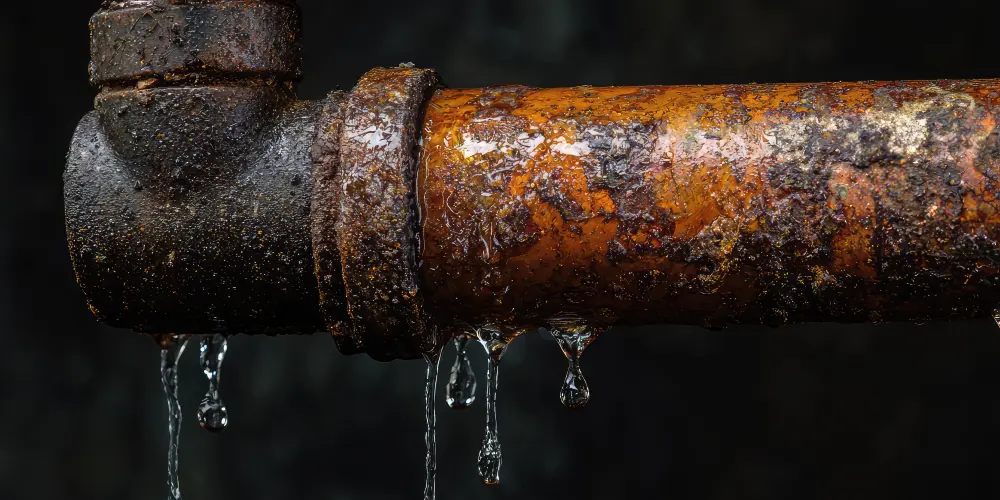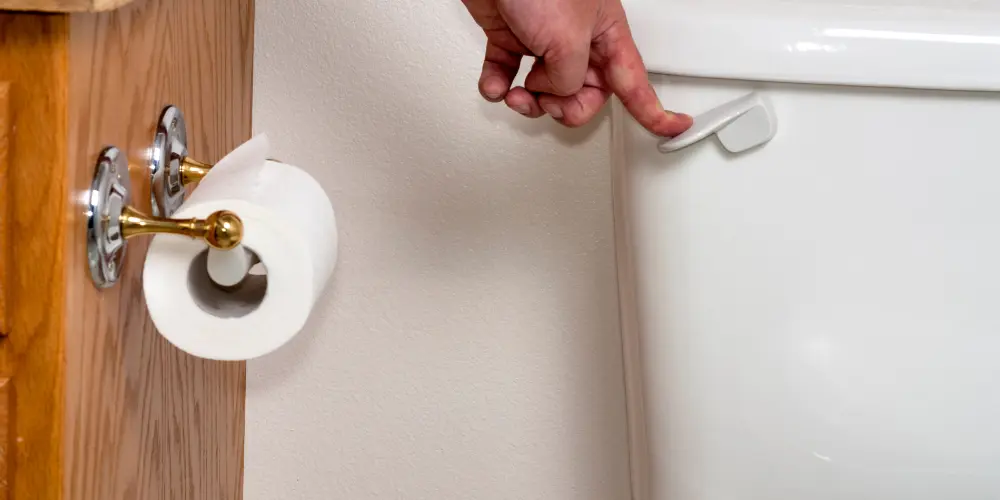All Things Plumbing & HVAC: The Orange Coast Plumbing Blog
Need to know what’s an emergency and which problems can wait? Which problems you can solve DIY? The Orange Coast Plumbing blog helps you understand common plumbing, heating, and air conditioning issues.
That weird gurgling noise when you flush? The inconsistent water level in the toilet bowl —sometimes too high, sometimes dangerously low?
These aren’t just quirks of an old house; they’re often signs of improper plumbing ventilation.
This guide breaks down the mechanical and functional differences between water filtration and water softening to help you determine which system — or combination of systems — will protect your plumbing infrastructure and improve your home’s water quality.
Fortunately, replacing a toilet tank lever is one of the easiest plumbing fixes out there — no plumber or magic wand required.
Just a few tools, 20–30 minutes, and a can-do attitude (plus maybe some gloves if you’re squeamish about tank water).
Fortunately, replacing a toilet tank lever is one of the easiest plumbing fixes out there — no plumber or magic wand required.
Just a few tools, 20–30 minutes, and a can-do attitude (plus maybe some gloves if you’re squeamish about tank water).
A constantly running toilet isn’t just annoying — it can waste hundreds of gallons of water every single day.
But you don’t have to live with it; adjusting your toilet fill valve is a simple DIY fix that can save you gallons of water — and maybe even some bragging rights around the house.
Even small water leaks can silently cause significant problems, from higher water bills to damaged walls and floors.
Catching leaks early can save you thousands in repairs and a lot of headaches down the road. Learn about the warning signs and what to do if you find a leak.
Most of us don’t think about our plumbing until something goes wrong. It’s hidden behind walls and under floors, quietly doing its job. But when things go wrong, even minor issues can turn into expensive disasters. Catching problems early can save you both money and stress.
Learn the early warning signs your plumbing may need attention, and what to do about them.
Sewer gas is a complex mixture of gases produced by decomposing organic refuse in sewer systems, septic tanks, or other waste-handling infrastructure.
It originates from the anaerobic breakdown of biological materials in human waste, food remnants, and other organic matter.
If your sink drain shows signs of wear and rust, it’s time for a replacement.
The good news? With patience and the right tools, you can tackle this job yourself. So prepare to roll up your sleeves and give your sink a new lease on life!
A leaking shower head is more than a nuisance. It could spike your water bill — all those little drips add up! — and provide a permanent moist environment for mold and mildew.
Fortunately, fixing this problem is usually straightforward — no plumber needed,
Pipe corrosion is one of the most costly problems homeowners face. It occurs when metal pipes deteriorate as they come into contact with water, air, or other substances. The pipe’s protective layer wears away, leaving the metal vulnerable to damage and decay.
This can lead to serious problems.
This guide will discuss the most common causes of flushing issues and provide step-by-step instructions for fixing them.
By the end, you’ll be the top flusher on the block, which is something you can post on your Facebook page.

